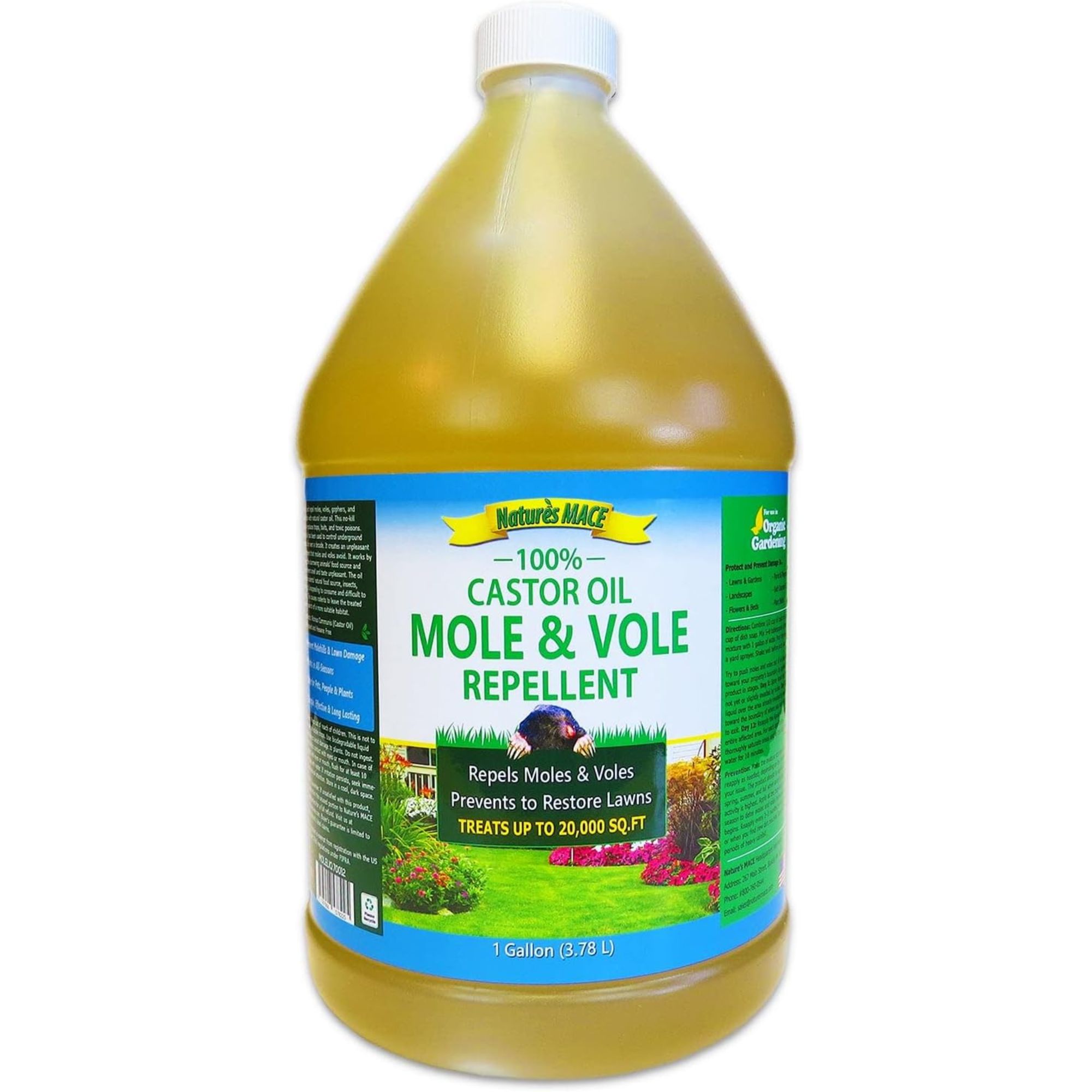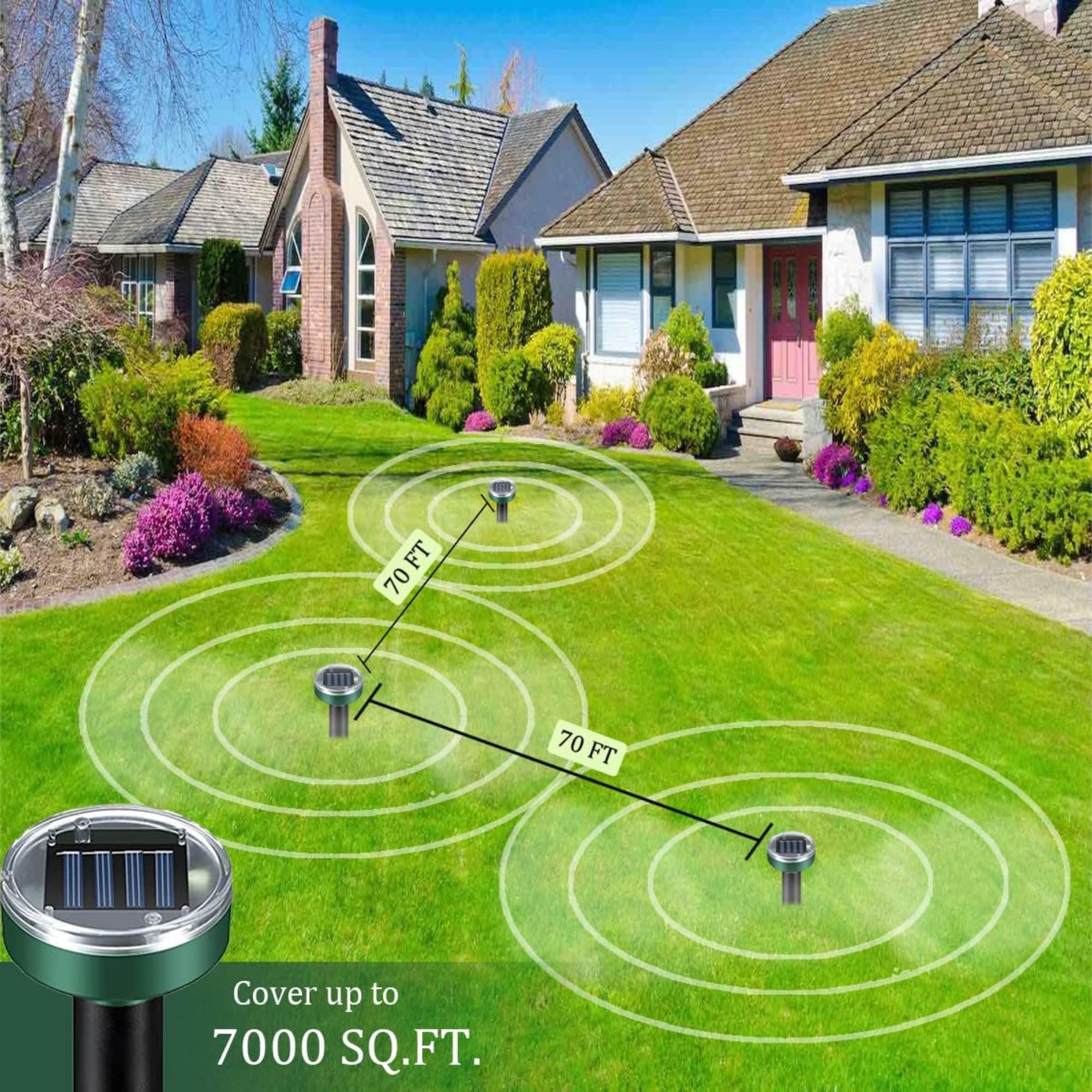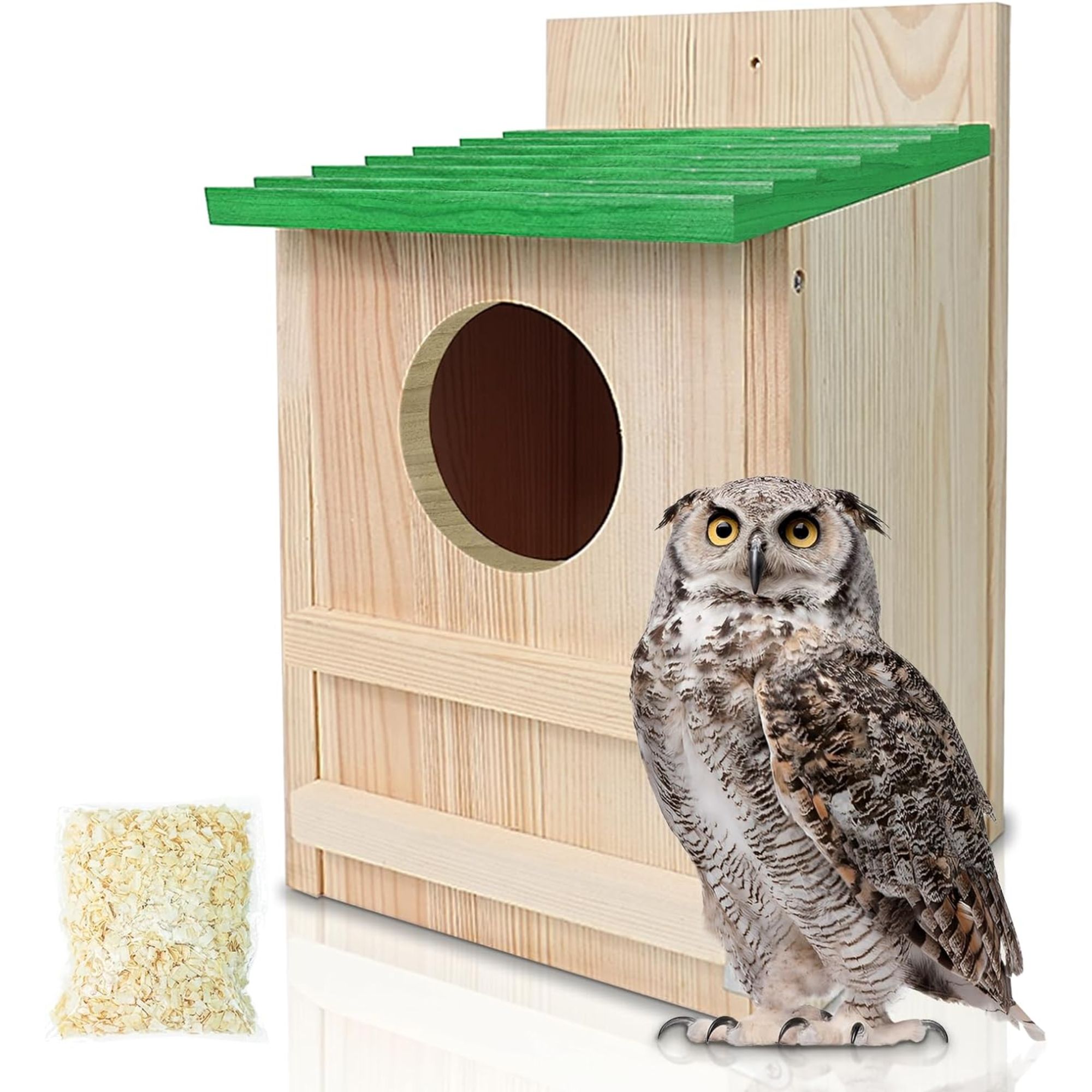How to get rid of gophers – experts recommend traps, barriers and repellents
Don't allow gophers to ruin your yard, following these tips from professionals will ensure your property remains pest-free and safe


Gophers can make maintaining a healthy yard and plants a real challenge with their endless tunneling and mounds, and preference for plants, fruits, and vegetables. So, once you spot signs that gophers have invaded your yard, it's important to take action to get rid of them immediately.
Just like with getting rid of groundhogs and moles in your yard, by ensuring your outdoor space is an inhospitable environment for them by implementing traps, barriers, and repellents, you can encourage these animals to relocate.
Our experts have recommended the best, humane, and environmentally friendly ways to get rid of gophers.
How to get rid of gophers
The first step to managing gophers is to identify their presence in your yard. This involves looking for mounds of fresh soil, burrows and raised tunnels.
Avoid pest control mistakes by following these expert tips for how to safely deter them.
1. Live traps
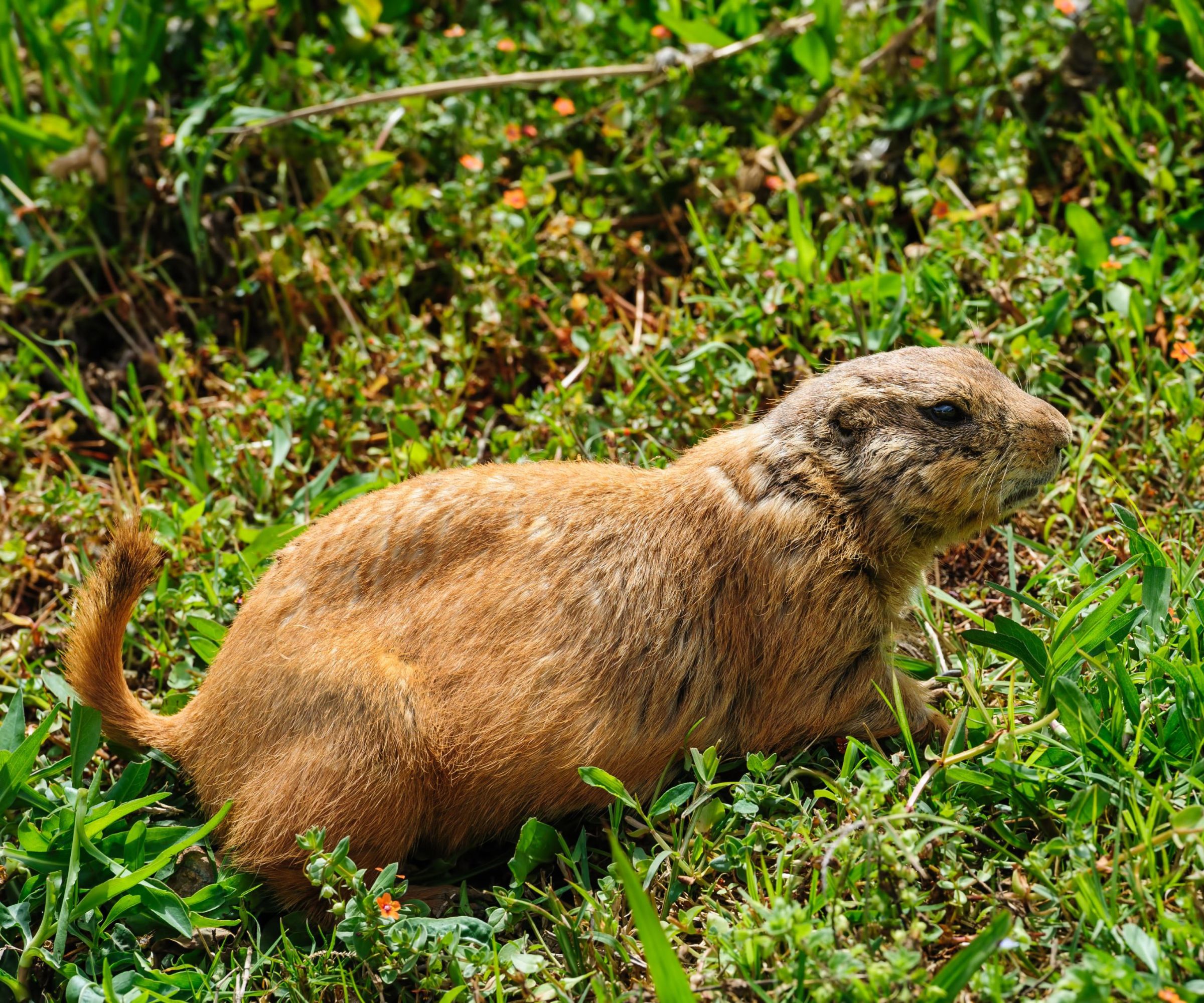
'Gopher traps can be a practical and effective way to catch gophers. There are different types of traps, including box traps and tunnel traps, and they should be placed in active tunnels following the manufacturer's instructions,' explains Nicole Carpenter, CEO of Black Pest Prevention. 'Regular checks of the traps are necessary.'
One-way door gopher traps are humane and highly effective for catching and relocating gophers.
Using live traps involves strategically placing traps where gopher activity is evident. Simply insert a tunnel trap in tunnel entryways and wait for the gopher to attempt to leave, getting trapped. Alternatively, place a box trap near a tunnel or mounds with food bait, such as fresh vegetables or fruits. Check the trap frequently, at least once a day, and relocate any caught gophers far from your property.

Nicole Carpenter started working at Black Pest Prevention when she was in high school. She continued working there while attending N.C. State University and eventually became the CEO. Black Pest Prevention is a company that helps with pest control in Charlotte and serves both North and South Carolina.
2. Install barriers

'Next, consider installing underground barriers made of wire mesh or hardware cloth at the perimeter of your garden or yard,' recommends Nicole Carpenter. 'This prevents gophers from entering specific areas without causing them harm.
'In most cases, a depth of 12 to 18 inches should suffice to deter gophers from tunneling into the protected area.'
This can be especially helpful if you have a shed or foundations you wish to avoid them tunneling underneath, undermining their structural integrity. You can also implement these to seal off tunnel entryways, forcing gophers into the live traps.
We recommend this Seboss wire mesh, from Amazon.
3. Natural repellents
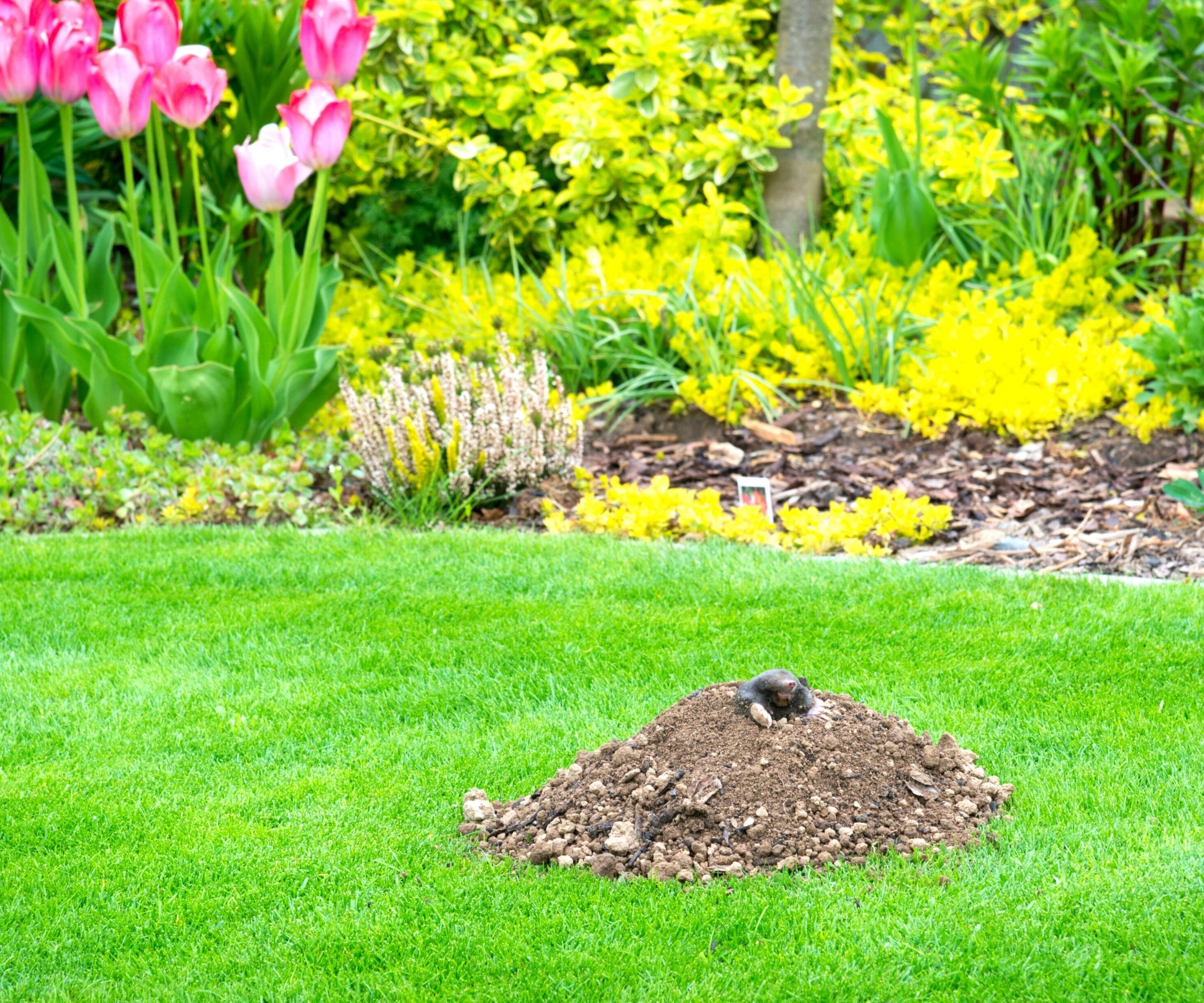
There are a number of natural repellents that can ward off these pests.
'Some homeowners have reported success with natural repellents like garlic, chili powder, or even used cat litter placed in gopher holes,' says Nicole Carpenter. 'These substances produce strong odors that can discourage gophers from tunneling in those areas.
'Another option is using commercial gopher repellents. Castor oil-based repellents are known to work well. You can purchase ready-made products or create your own mixture using castor oil and water.
'An alternative solution is using ultrasonic devices that emit high-frequency sounds to repel gophers. These devices are non-toxic and safe for pets and children. Gophers are sensitive to ground vibrations. You can employ vibrating stakes or solar-powered vibrating devices in your yard to create vibrations that discourage gophers from tunneling in the area,' says Nicole.
Finally, 'Attracting natural predators like owls can help keep gopher populations in check,' explains Nicole Carpenter. 'You can do this by installing owl boxes on your property, which can encourage owls to nest and hunt for gophers.'
FAQs
How do you make your yard less inviting for gophers?
'If possible, make your garden less attractive to gophers by not overwatering, as gophers prefer moist soil, and by keeping your garden clean from fallen fruit and vegetables which are a food source for them,' advises Mike Millerson at Survive Nature.
You can also make your yard less inviting for gophers by regular mowing and keeping the grass short to discourage them from setting up burrows in your yard.
What are the pros and cons of flooding gopher tunnels?
The pros are: 'In some cases, flooding gopher tunnels with a mixture of water and biodegradable dish soap can deter them. This method disrupts their tunnels, making the environment less appealing, and water can force gophers to evacuate,' explains Nicole Carpenter, CEO of Black Pest Prevention.
'However, please be aware that this approach is not always effective and may potentially damage your lawn.' Additionally, water can soften the ground, making it easier for them to dig.
Pest control professional Nicole Carpenter also recommends landscaping your yard with plants like daffodils, marigolds, or gopher spurge.
Additionally, gophers dislike garlic, rosemary, strawberries, catmint, and lavender, so employing these pest-repellent plants can be a beautiful way to encourage them to relocate.
Sign up to the Homes & Gardens newsletter
Design expertise in your inbox – from inspiring decorating ideas and beautiful celebrity homes to practical gardening advice and shopping round-ups.

Lola Houlton is a news writer for Homes & Gardens. She has been writing content for Future PLC for the past six years, in particular Homes & Gardens, Real Homes and GardeningEtc. She writes on a broad range of subjects, including practical household advice, recipe articles, and product reviews, working closely with experts in their fields to cover everything from heating to home organization through to house plants. Lola is a graduate, who completed her degree in Psychology at the University of Sussex. She has also spent some time working at the BBC.
-
 5 things professional cleaners always do to overcome a cleaning roadblock – they're surefire ways to feel 'motivated and clear-headed' experts say
5 things professional cleaners always do to overcome a cleaning roadblock – they're surefire ways to feel 'motivated and clear-headed' experts sayGet your cleaning schedule back on track
By Ottilie Blackhall
-
 Martha Stewart used this vintage-style pan to make cute bunny cakes for Easter – it's a real heirloom piece (and only $40 now)
Martha Stewart used this vintage-style pan to make cute bunny cakes for Easter – it's a real heirloom piece (and only $40 now)It's not Easter without bunny-themed baked goods, and Martha set a precedent with a novel cake pan – it's American-made and has exceptional durability
By Megan Slack
